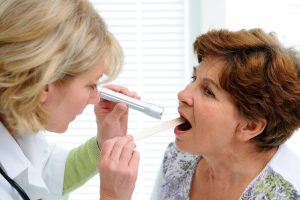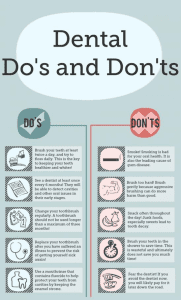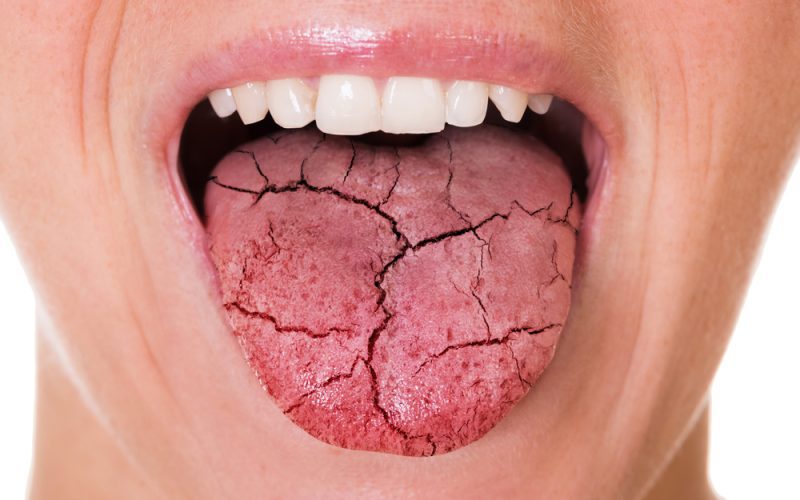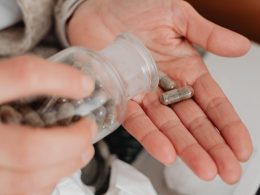Introduction
The sensation of having a dry mouth is a common experience, often attributed to dehydration or nervousness. While occasional dryness is deemed normal, persistent symptoms may signal an underlying problem that warrants attention and exploration.
When to Seek Professional Guidance
If your dry mouth persists despite attempting home remedies or if you encounter difficulties in essential functions like chewing, swallowing, or talking, it is imperative to reach out to your dentist or general practitioner (GP). Additional symptoms such as pain, redness, swelling, bleeding, or the presence of white patches in the mouth should not be overlooked.

Delving into Potential Causes
Understanding the root causes of dry mouth is fundamental to effective management. Dehydration and anxiety are common culprits, but various medications, a blocked nose leading to mouth breathing during sleep, diabetes, radiotherapy to the head and neck, and conditions like Sjögren’s syndrome can contribute to this uncomfortable condition.
Unraveling the Impact
A dry mouth can precipitate a cascade of problems, affecting both oral health and overall well-being. Manifestations may include a persistent burning sensation, dry lips, halitosis (bad breath), altered taste perception, recurring mouth infections (such as oral thrush), tooth decay, and gum disease. Rigorous adherence to good oral hygiene practices becomes paramount to manage these associated issues effectively.
Navigating the Consultation
When seeking professional advice, articulating additional symptoms and detailing ongoing treatments is crucial for an accurate diagnosis. The early identification of the underlying cause empowers healthcare professionals to devise timely and targeted treatment plans.

Tailoring Treatment Approaches
Once the cause of dry mouth is identified, personalized treatment plans can be established. Adjusting medication dosages, exploring alternative treatments, or addressing specific conditions (e.g., nasal decongestants for a blocked nose or insulin for diabetes) are common approaches. This tailored strategy enhances the efficacy of interventions.
Empowering Self-Help Strategies
Beyond professional interventions, there are practical measures individuals can adopt to alleviate dry mouth symptoms. Embracing a holistic approach involves staying hydrated by regularly sipping cold water, incorporating ice cubes or lollies, avoiding certain foods and drinks, and maintaining a diligent oral care routine.
Dos and Don’ts:
Do:
- Prioritize hydration by consuming cold water throughout the day.
- Utilize ice cubes or lollies as soothing agents.
- Employ lip balm to address dry lips.
- Adhere to a consistent oral hygiene routine.
Don’t:
- Engage in excessive alcohol or caffeine consumption.
- Consume acidic, spicy, salty, or sugary foods.
- Smoke or sleep with dentures in.
- Discontinue prescribed medication without seeking medical advice.

Embracing Saliva Substitutes and Stimulants
In cases where self-help measures prove insufficient, healthcare professionals may recommend artificial saliva substitutes. These substitutes, available in various forms such as sprays, gels, or lozenges, play a crucial role in maintaining adequate oral moisture. For situations related to radiotherapy or Sjögren’s syndrome, the medication pilocarpine may be prescribed to stimulate salivary gland function.
Conclusion
Understanding the multifaceted nature of dry mouth, exploring its diverse causes, and adopting appropriate management strategies are pivotal for individuals experiencing persistent symptoms. Seeking professional guidance is paramount for maintaining optimal oral health and overall well-being. By unraveling the mysteries of dry mouth, individuals can embark on a journey toward relief and improved oral hygiene.












